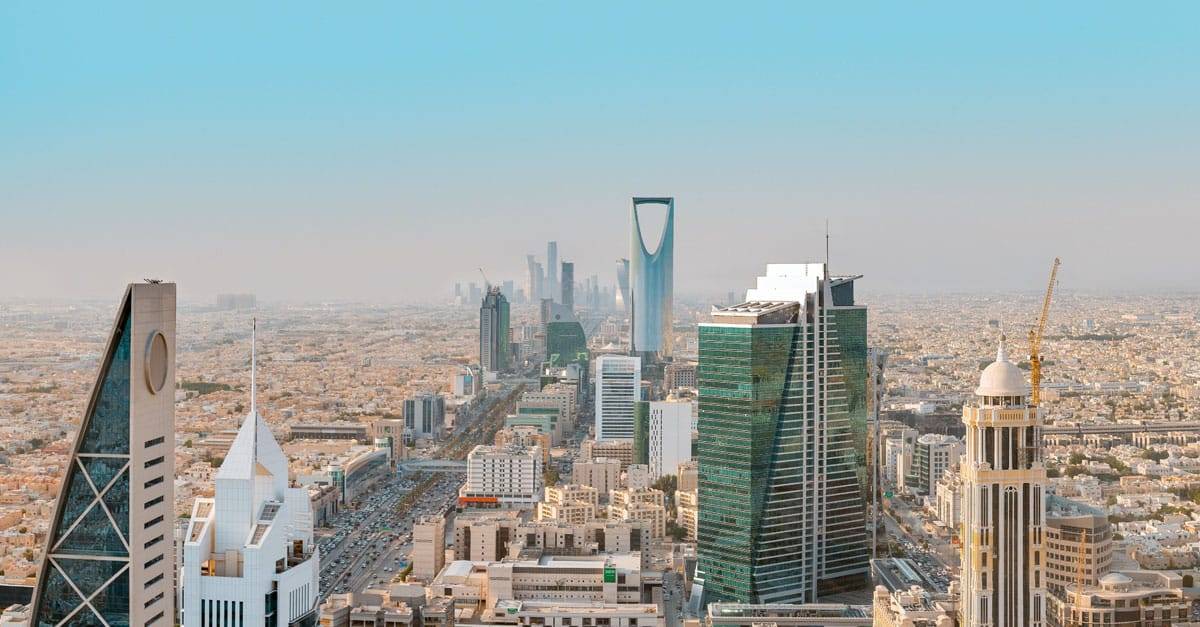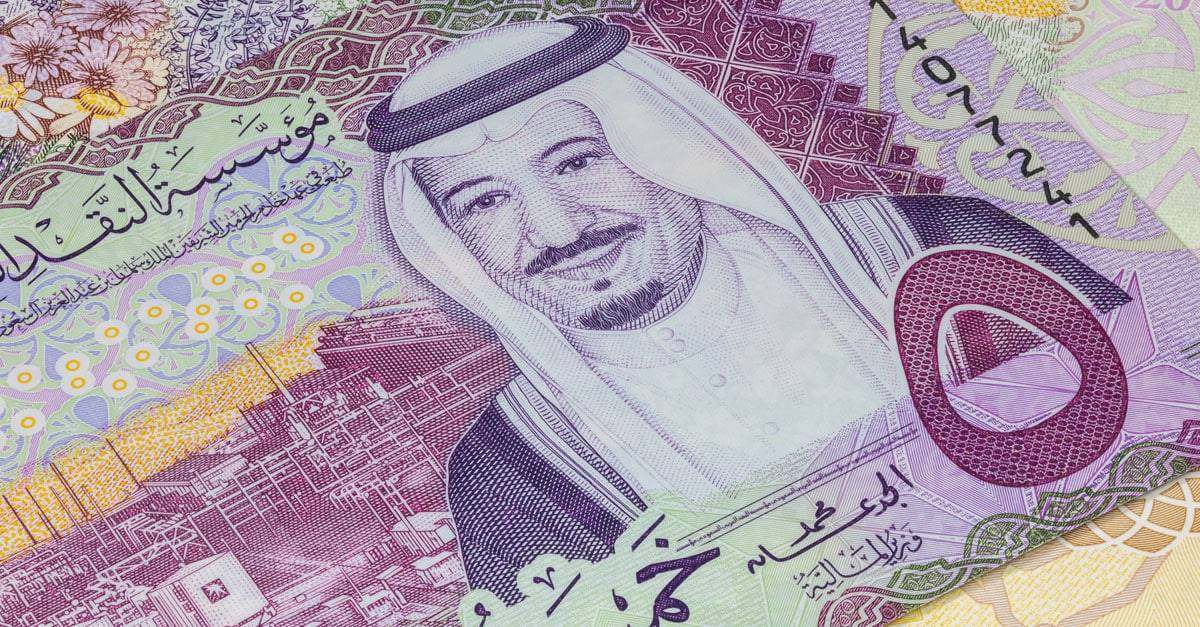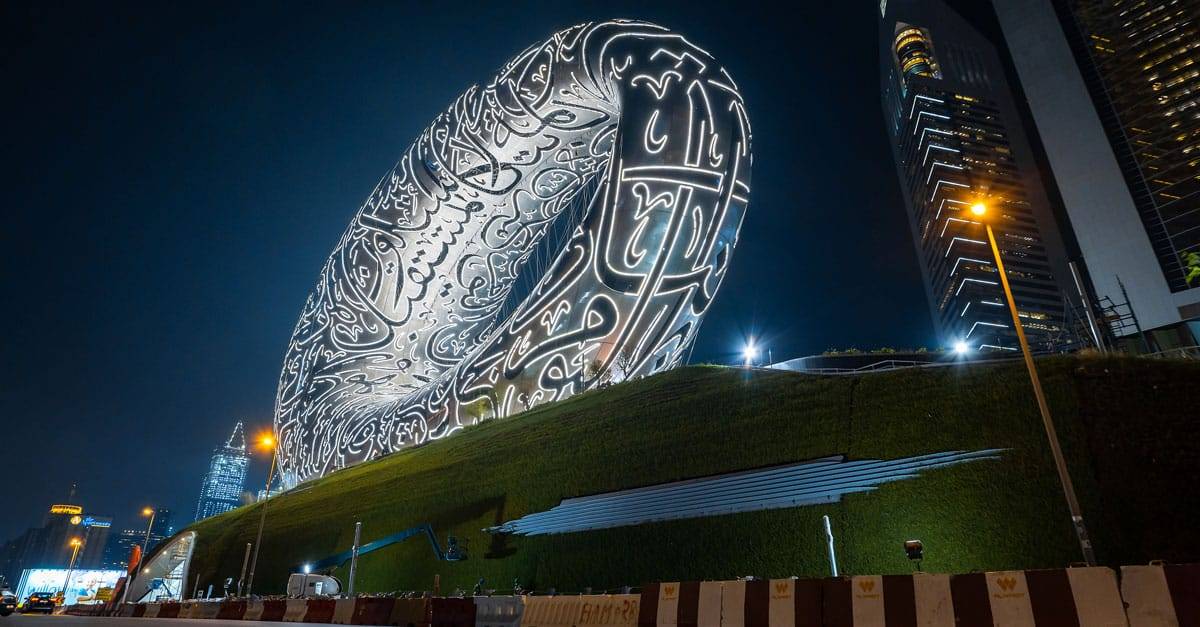
Early Life and Education
Born on August 31, 1985, Mohammed bin Salman was destined for a life of power and influence. From an early age, he showed a keen interest in government and politics, closely following his father, King Salman bin Abdulaziz. Recognizing the importance of maintaining a positive public image, Mohammed honed his communication skills and cultivated relationships with dignitaries from around the world.
Educationally, Mohammed attended King Saud University in Riyadh, where he earned a bachelor’s degree in law, graduating in 2007. While at university, he demonstrated his entrepreneurial spirit by founding several companies and a non-profit organisation aimed at promoting entrepreneurship in the Kingdom. These early experiences laid the foundation for his future role as a key driver of economic development in Saudi Arabia.
Rise to Power: Defense Minister and Economic Visionary
Mohammed bin Salman’s rise to power gained momentum in January 2015, when his father, King Salman, ascended to the throne. Appointed Minister of Defense, Mohammed played a key role in shaping Saudi Arabia’s military strategy and influencing regional conflicts. His first major initiative, Operation Decisive Storm in Yemen, aimed to counter the Houthi insurgency and prevent Iran from gaining influence on Saudi Arabia’s southern border. Despite expectations of a quick victory, the campaign resulted in a protracted conflict and a severe humanitarian crisis.
In addition to his defence responsibilities, Mohammed took the helm of Aramco, the state oil company, and the Council of Economic and Development Affairs, the main economic policymaking body. He introduced Vision 2030, an ambitious economic reform plan aimed at diversifying Saudi Arabia’s economy and reducing its dependence on oil. The plan included opening Aramco to an initial public offering (IPO) and attracting foreign investment beyond the energy sector. However, the IPO was delayed and some of the reforms proved to be overly ambitious. Vision 2030 also includes projects such as Neom, a US $500 billion futuristic city, and the development of the Red Sea coast for luxury tourism to diversify the economy and attract foreign investment.
Wealth Aggregation: Simple, Dynamic, and Secure Beyond Compare. Discover the Altoo Wealth Platform!
Social Reforms and Economic Challenges
While Mohammed bin Salman has been hailed as a reformist leader, his social reforms have been met with mixed reactions. Saudi Arabia’s strict social restrictions, such as the ban on cinemas and limitations on women’s rights, began to relax under his rule. Cinemas were reopened, and women were granted permission to attend sporting events. In a further nod towards modernisation, women were allowed to obtain driver’s licences, granting them greater autonomy and economic opportunities. However, these reforms were not without their critics. Some argue that they were primarily motivated by economic gain rather than a genuine desire for social freedom. Moreover, women activists who pushed for additional rights faced government crackdowns, highlighting the complexities of Mohammed’s reform agenda.
Economically, Saudi Arabia faced significant challenges during Mohammed’s tenure. The COVID-19 pandemic and Russia’s invasion of Ukraine in 2022 led to economic turmoil and heightened inflation. To mitigate these issues, Mohammed engaged in diplomatic efforts, strengthening ties with countries like Turkey and seeking to normalise relations with Israel, albeit with conditions tied to security commitments from the United States.
Consolidation of Power and Future Prospects
In September 2022, Mohammed bin Salman was appointed prime minister, a role traditionally held by the king. This move solidified his status as Saudi Arabia’s top policymaker and allowed him to foster more cordial international relations. Most notably, in March 2023, Saudi Arabia reached an agreement with Iran to restore relations, signalling a potential end to the costly proxy war in Yemen and strengthening Saudi Arabia’s ties with China as a counterweight to the United States.
As Mohammed bin Salman continues to shape Saudi Arabia’s destiny, his policies and actions will undoubtedly have far-reaching implications. While he has been praised for his economic vision and efforts to modernise the country, his leadership style and controversial decisions have drawn criticism both domestically and internationally. The world watches with anticipation as Mohammed bin Salman navigates the complex terrain of global politics and leaves an indelible mark on Saudi Arabia and the Middle East.
According to Handelszeitung, the Saudi crown prince is a ray of hope for Swiss exporters. He was even listed as one of the top 10 individuals who would be significant in Switzerland in 2024 by the reputable Swiss economic publication. Mohammed bin Salman, often referred to as Mohammed bin Salman, also known as “MBS,” is famous for promoting world peace and the global economy by supporting the “Abraham Accords. The Abrahamic Accords are a set of accords that, when implemented through economic agreements, ought to further Middle East peace. Ultimately, only in times of peace can the security of supply be ensured, and sustained calm in the area contributes to the strengthening of current economic ties and safe trading routes. On January 1, 2024, “MBS” adopted a new regulation that ensures international enterprises’ access to Saudi financing pots and public contracts. International businesses that do business in Saudi Arabia are required to set up regional offices here. Bin Salman drives mainly the growth in the areas of food, fintech, biotechnology, machinery, and robotics—sectors that the hereditary prince is building up in the country with 500 billion dollars and in which, according to Handelszeitung, the export nation of Switzerland is strong.













